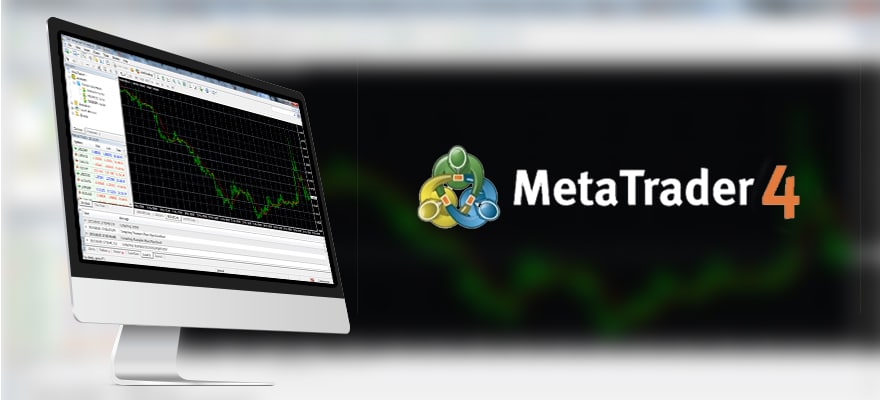The impact of building a successful online trading company on top of someone else’s technology and regulated by politicians. Is there any other way?
We are all familiar with forex technology vendors: platform providers, Liquidity bridge providers, Risk Management systems vendors, hosting and server management solutions and so forth. Now, is it really efficient and stable for the broker’s shareholders and staff to build a multimillion company on top of these “relatively small and independent” technology vendors?
Whilst considering this, it’s also worth thinking about Financial Regulation, another aspect which the company has no control over – areas such as financial licensing, categories, processes, capital requirements, compliance requirements, operational impact of compliance processes within the daily activity, AML policies, Risk Disclaimers and so forth.
Let’s say you manage to set up a very successful forex brokerage, which has expanded globally (or let’s be less radical: regionally). You now have 150 – 200 staff spread across 5 offices and a turnover of 30 to 40 million a year. Your volume is decent and continuously targeted by most Liquidity Providers in the market, and you are complying with all the financial regulation rules within the relevant markets. Finally, please try to put yourself in the position of the CEO of that company.
Now, let’s try to analyse the company's situation in terms of its main pillars:
- Technology (for the sake of this discussion I will define forex brokers as technology companies which enable online trading capabilities to end customers). I am trying to emphasise the dependence you have on technology for paying your own salary and dividends to shareholders.
- Regulation in Financial Markets: more specifically – investment licensed companies
Personally, I consider those two aspects as the main foundation of any successful online trading company nowadays; but take a closer look. Let’s keep on questioning things:
Is it really responsible to rely on a number of vendors to form your end-to-end solution?
Are those companies financially, technologically and legally stable to support your business?
Is their management competent enough to accompany your company’s growth?
can you rely on MetaQuotes in the long-term to be supportive and accompany your company growth?
Unlike other industries, many system acquisitions are conducted on line without personal meetings and heavy testing periods. Sometimes the acquisition comes after a meeting with a nice sales manager at an industry conference. I am not suggesting that the decision is irresponsible, since many people do it and that’s actually an industry standard. We all know Metatrader 4 is the leading retail on line trading platform; but can you rely on MetaQuotes in the long-term to be supportive and accompany your company growth in the future? (I am not saying or suggesting you can’t, but can you?). Can you rely on the financial regulator of a certain jurisdiction where you are doing business now, where it’s known for being an ex-tax heaven? Is it politically safe so that you can confidently expand your market share in that region?
Personally, I don't believe there is a Yes or No answer to these questions, but there is certainly a way to reduce intrinsic industry risk by being well informed of what’s going on in the market globally. I believe we are all in the industry where the need of a Plan A, B and C at the same level is crucial for survival, unlike any other segment of the financial spectrum (if not, look at the CHF crisis back in January). Companies have to be increasingly prepared for shifting or changing their core technology, target market and offer; expanding their financial regulation reach to look for more suitable, feasible and flexible options in case something happens.
The bottom line is that a well prepared and informed company has stronger tools to survive within a very dynamic market, where even the market dynamic itself leaves many players in the dressing room every year.


















